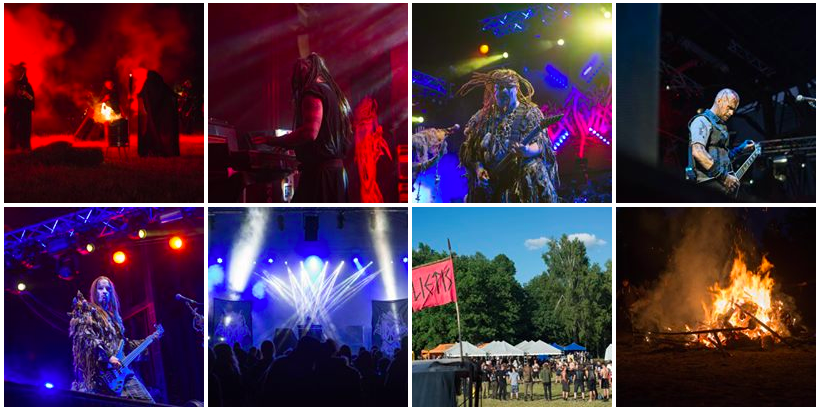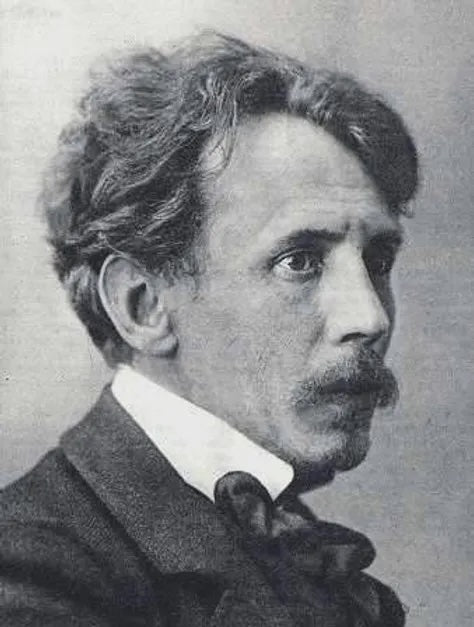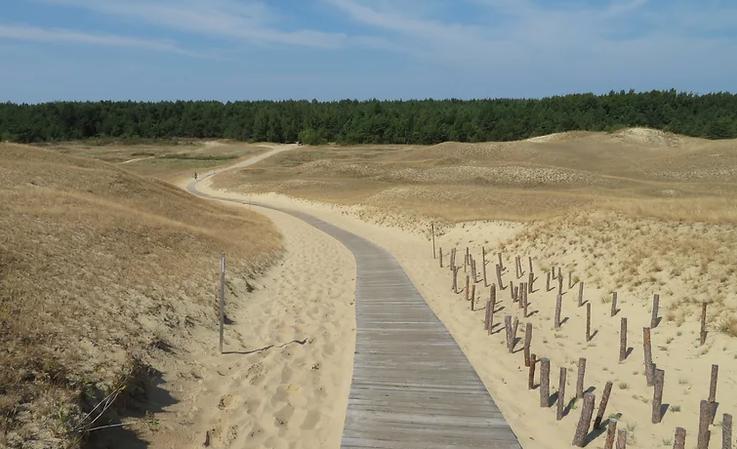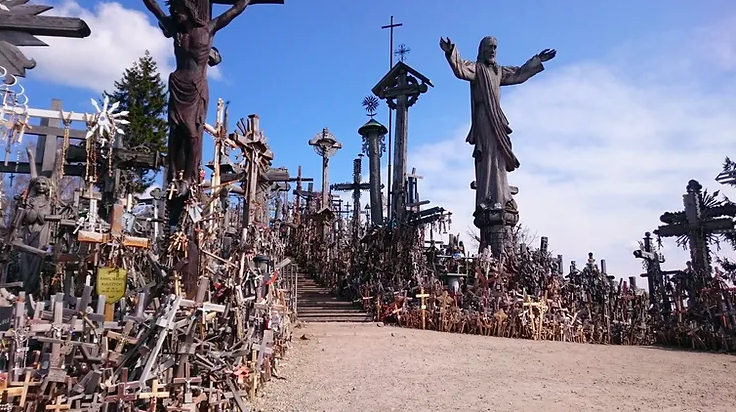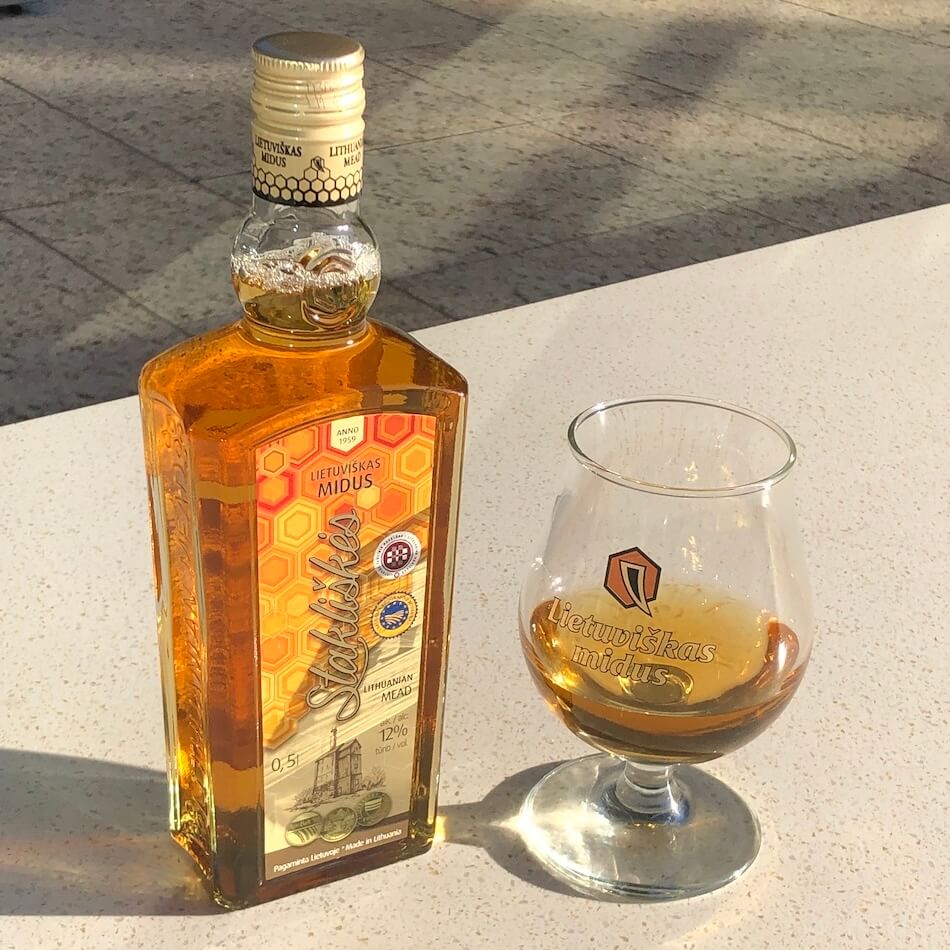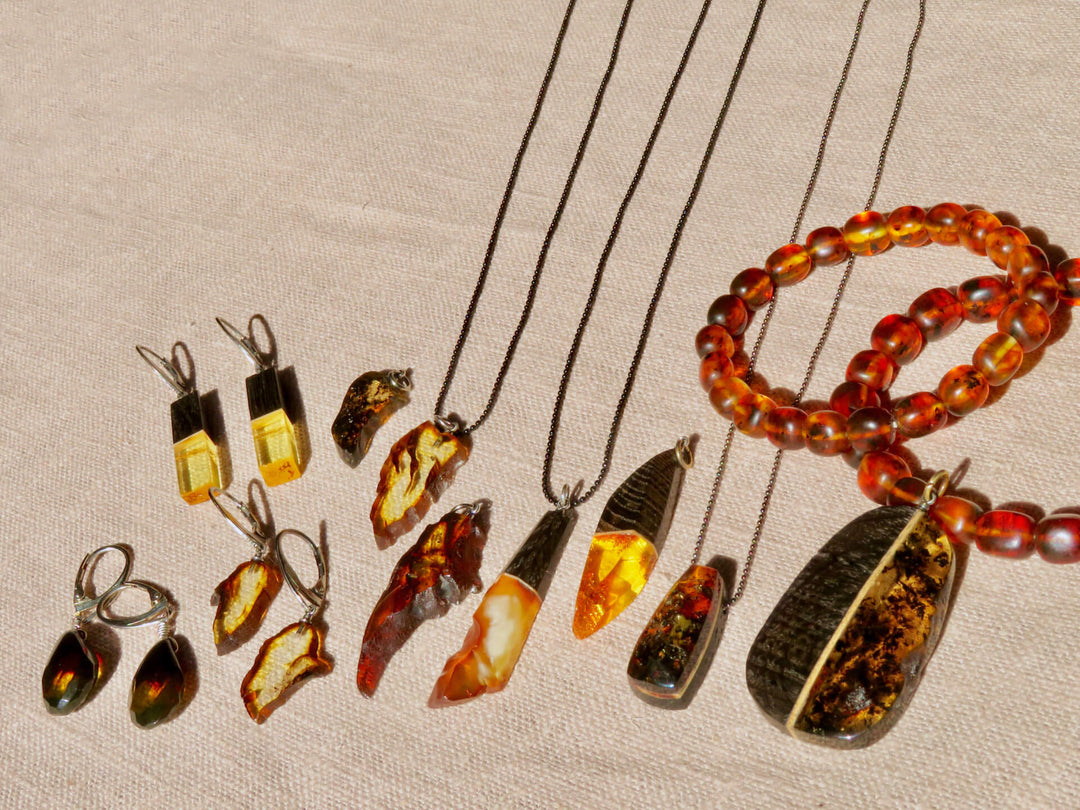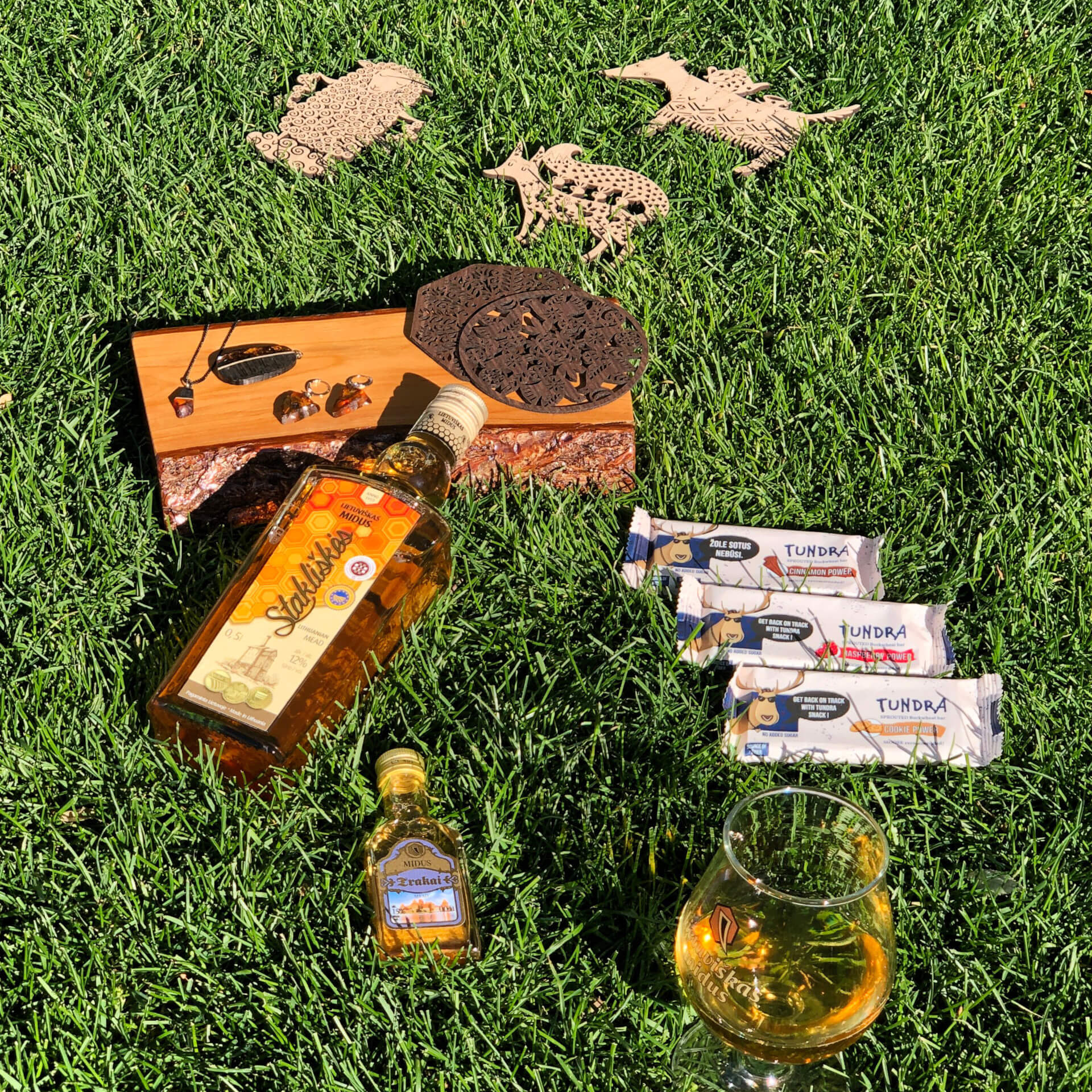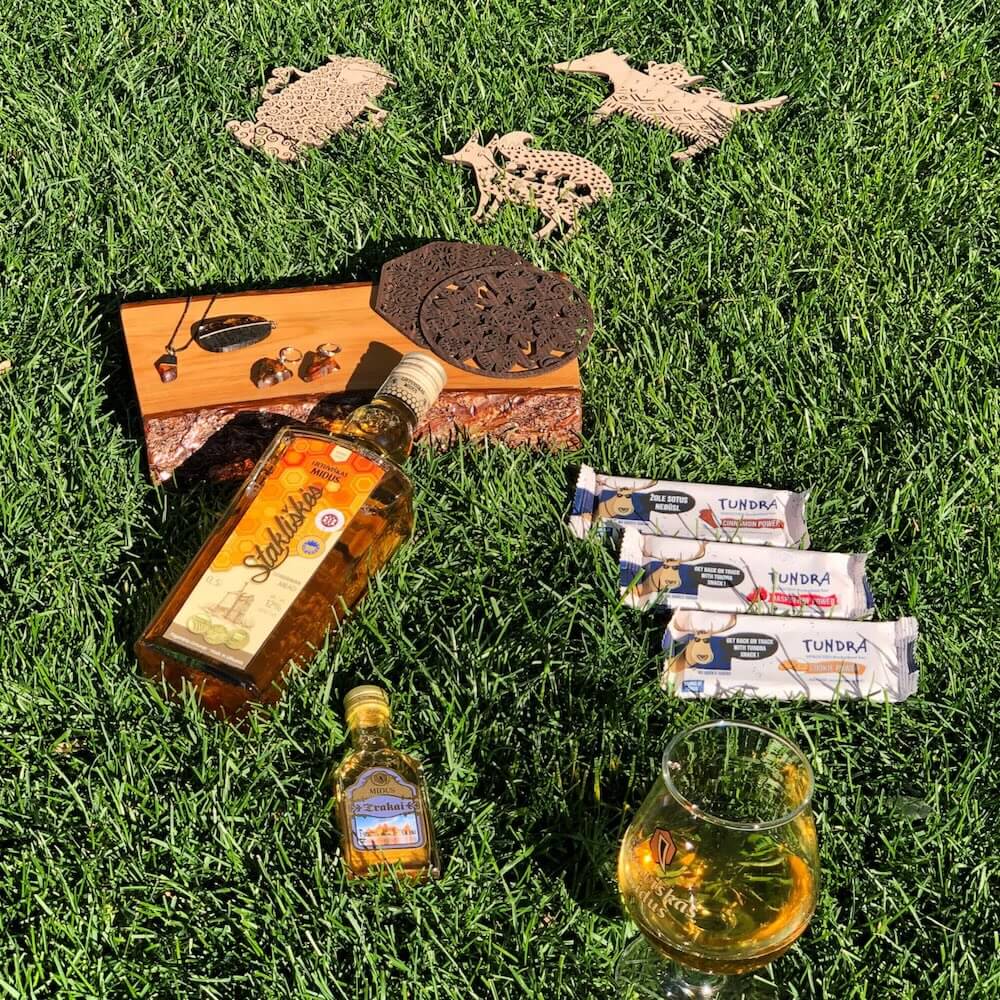World intangible cultural heritage song and dance
"Lithuanian Song and Dance Festival"

In Lithuanian, it is called "Dainu Svente", "Dainų" meaning "song" and "Šventė" meaning "feast". A song and dance festival registered as a World Intangible Cultural Heritage, held once every four years, 2018 will be held in commemoration of the 100th anniversary of independence.
UNESCO World Intangible Cultural Heritage
The “Lithuanian Song and Dance Festival” held once every four years is called the “Baltic Song and Dance Festival” (Lithuanian: Dainų švenčių tradicija ir simbolika Estijoje, Latvijoje ir Lietuvoje / English: The Baltic Song and Dance Celebrations) was registered as a UNESCO World Intangible Cultural Heritage in 2003.

Emblem with the image of the tree of life
The event's logo is the "Tree of Life", which consists of three parts: the root, the crowned trunk, and the top of the head. The roots represent the past and the beginning, the powerful trunk and crown represent the present, fortitude, prosperity, and life, and the strength to go straight toward the goal. ”.
The ground nourishes and gives life to the roots of trees, this ground represents "Lithuania", and the bird that flutters on the top of the head is the "singing voice of the soul" of Lithuania, which has won freedom through many efforts and difficulties. Together, they form a sacred song and form a "festival of songs."
An event where 20,000 sing and 9,000 dance
An event where 20,000 people sing and 9,000 people dance in one venue, and dialects, folk songs, dances, arts, food, and various traditions from villages and towns all over the country come together.
The main contents are "Folklore Day" which focuses on traditional culture such as folk customs and folklore, "Ensemble Evening" which is a folk song drama with colorful songs and dances, and production of Lithuanian customs and traditions by professional choreographers. There is a “dance day” expressed by the dance of the festival, and the festival concludes with a “song day” in which thousands of singers form a choir.
2018 will be held to commemorate the 100th anniversary of independence. The phrase "in the name" (Vardan Tos), taken from the national anthem, is added to the title. It contains the desire to reconfirm the significance of the national anthem to respect the motherland, its history, and the people who built it, and to value truth, justice, and morality, and to live in harmony and unity.
“We, who were the hope of our ancestors, are also the hope of the future.”
The history of song festivals
The world's first song festival was held in Zurich, Switzerland in 1843, and in the Baltics, Estonia in 1869 and Latvia in 1873. The debut of the Lithuanian choir is recorded as February 17, 1895, when it gave its first concert on the tenth anniversary of the Lithuanian community called ``Birutė'', and in 1902 the ``Festival of Songs''. Song Celebrations).
In 1903, the first Lithuanian dance “Suktinis” was performed in St. Petersburg, and after that the dance began to be performed in various places. The first song festival, Song Day, was held in Kaunas in August 1924, with 3,000 people from all over Lithuania performing 36 songs.
The third in 1930 was held at the Kaunas Amphitheater on the occasion of the 500th anniversary of Vytautas Magnus' death, and in 1934 a dance course was established in Kaunas and Lithuanian national dance became a compulsory subject. In 1946, a competition format was adopted, which has become an annual event since then.
The 13th event was held in 1990 under the title of "National Celebration". The 'National Evening', known as Day, was held for the first time.
80th anniversary of independence in 1998, "In the Circle of Life" in 2007, "The Song of the Centuries" in 2009, "This is my home" in 2014 (Here is my home), and attracted 50,000 spectators.
In 2018, it will be held on the 100th anniversary of independence with the title "In the Name" (Vardan Tos) and a passage of the national anthem.
traditional festivals protected by law
In 2000, the Lithuanian government decided in parliament to continue this Lithuanian song festival and preserve the tradition, which became law in 2007. The preservation and development of this tradition, the organization and responsibility for the smooth running of the event are safeguarded through legislation.
April 2018
Dainų Sventė 2018
Source: "Dainų Šventė"



